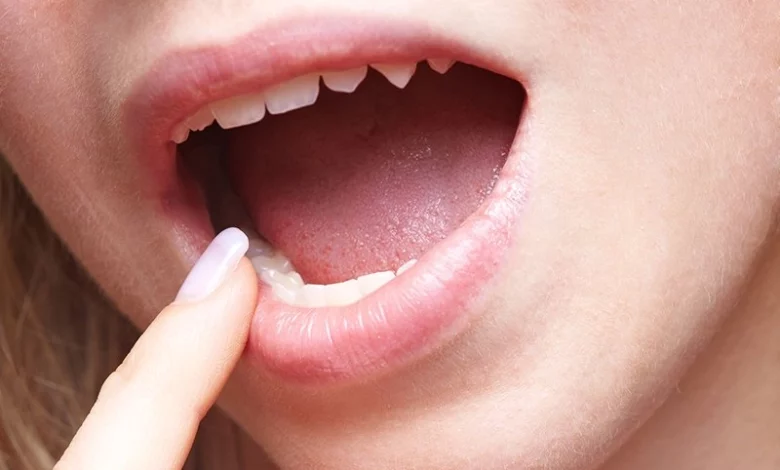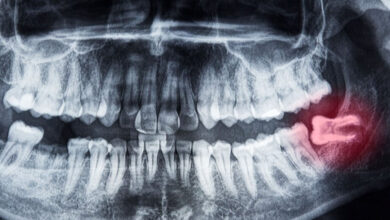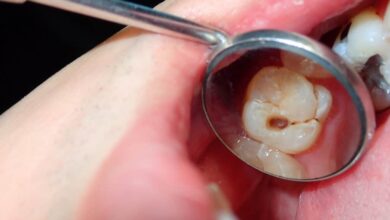The Benefits of Keeping Wisdom Teeth: Debunking Common Myths

Table of Contents
The Benefits of Keeping Wisdom Teeth: Debunking Common Myths
Wisdom teeth, also known as third molars, are the final set of teeth to emerge in adulthood. These teeth have long been associated with discomfort, overcrowding, and the need for extraction. However, recent studies have shed light on the potential benefits of keeping wisdom teeth in certain cases.
In this blog post, we will explore the Benefits of Keeping Wisdom Teeth, dispel common myths, and address five frequently asked questions regarding their preservation.
So, let’s dive in and learn more about the surprising benefits of keeping wisdom teeth!
Are wisdom teeth necessary?
Many people believe that wisdom teeth are unnecessary relics from our evolutionary past, but they can serve a purpose. Wisdom teeth can replace other molars that have been lost due to decay or extraction, helping to maintain a complete set of teeth. Furthermore, in individuals with healthy jaws and adequate space, wisdom teeth can function just like any other teeth, aiding in chewing and proper alignment of the bite.
From the above, we can see The Benefits of Keeping Wisdom Teeth are mainly for chewing aids. However, these benefits don’t apply to you, removing it is your next best move. See below some questions related to wisdom teeth.
Frequently Asked Questions on The Benefits of Keeping Wisdom Teeth
1. Do all wisdom teeth cause overcrowding?
Overcrowding is a common concern associated with wisdom teeth. While it is true that some individuals may experience crowding when these teeth erupt, it is not the case for everyone. Factors such as jaw size, alignment, and available space play a significant role. In some cases, the presence of wisdom teeth can actually stimulate bone growth, which can create additional space for other teeth, reducing the likelihood of overcrowding.
2. Can wisdom teeth cause pain and discomfort?
Pain and discomfort are often associated with wisdom teeth, particularly when they become impacted or partially erupt. However, it is important to note that not all wisdom teeth cause pain. Regular dental check-ups and X-rays can help monitor the development and positioning of wisdom teeth. If they are causing issues, such as infections or damage to adjacent teeth, extraction may be necessary. However, in the absence of problems, wisdom teeth can remain in place without causing discomfort.
3. Are wisdom teeth more prone to dental problems?
Wisdom teeth are not inherently more prone to dental problems than other teeth. However, their location at the back of the mouth makes them more difficult to clean effectively, which can increase the risk of cavities and gum disease. Proper oral hygiene practices, including regular brushing, flossing, and dental check-ups, are essential to maintain the health of wisdom teeth. Additionally, maintaining a healthy diet and avoiding excessive sugary foods can further reduce the risk of dental problems.
4. Should everyone keep their wisdom teeth?
While there are potential benefits to keeping wisdom teeth, it is not a one-size-fits-all solution. Individual factors such as jaw size, available space, alignment, and overall oral health need to be considered. For some people, wisdom teeth may be unnecessary and even problematic.
Dentists and oral surgeons are the best professionals to evaluate and provide personalized recommendations regarding the preservation or extraction of wisdom teeth. Regular dental check-ups and X-rays are crucial in assessing the development and positioning of wisdom teeth and making informed decisions.
Conclusion:
Contrary to popular belief, The Benefits of Keeping Wisdom Teeth are that they develop properly and do not cause discomfort or dental issues. Retaining wisdom teeth can aid in maintaining a complete set of teeth and contribute to proper bite alignment. Overcrowding and pain are not universal consequences of wisdom teeth, as these factors depend on individual circumstances.
Nevertheless, proper oral hygiene practices and professional dental evaluation are key to ensuring the health and functionality of wisdom teeth. If you have concerns about your wisdom teeth, consult your dentist or oral surgeon to determine the best course of action for your specific situation.
Also, Read:
- Wisdom Teeth X-Ray: What you need to Know
- Sideways Wisdom Teeth: Causes, Pros, and Cons
- The Benefits of Keeping Wisdom Teeth: Debunking Common Myths
- Sore throat after wisdom teeth removal
- How to Reduce Swelling After Wisdom Teeth Removal
- What happens if you don’t get your wisdom teeth removed?
- Can wisdom teeth cause headaches? 3 ways!
- Everything you need to know about the Wisdom Teeth
References:
- Should you have your wisdom teeth removed? https://www.ncbi.nlm.nih.gov/books/NBK279590/
- Natural Dentists Associates – Benefits of Keeping Wisdom Teeths




